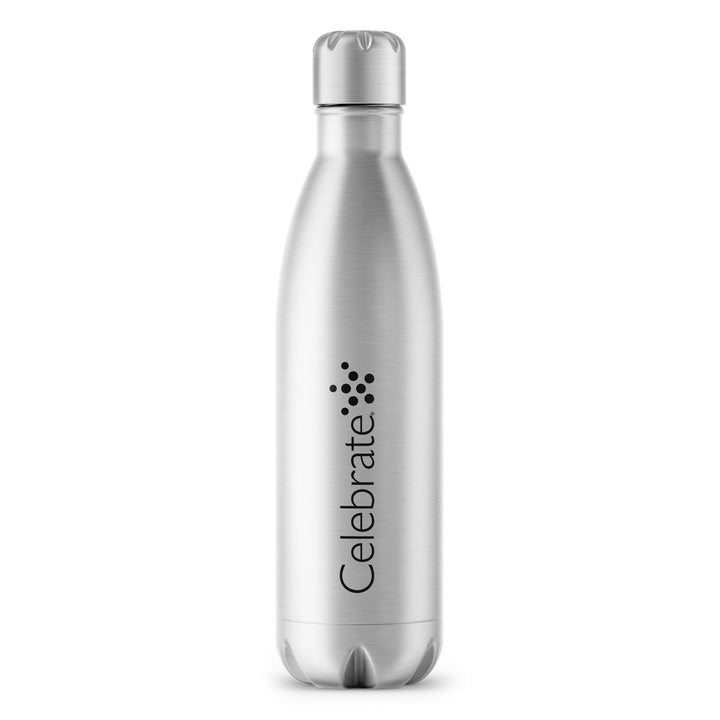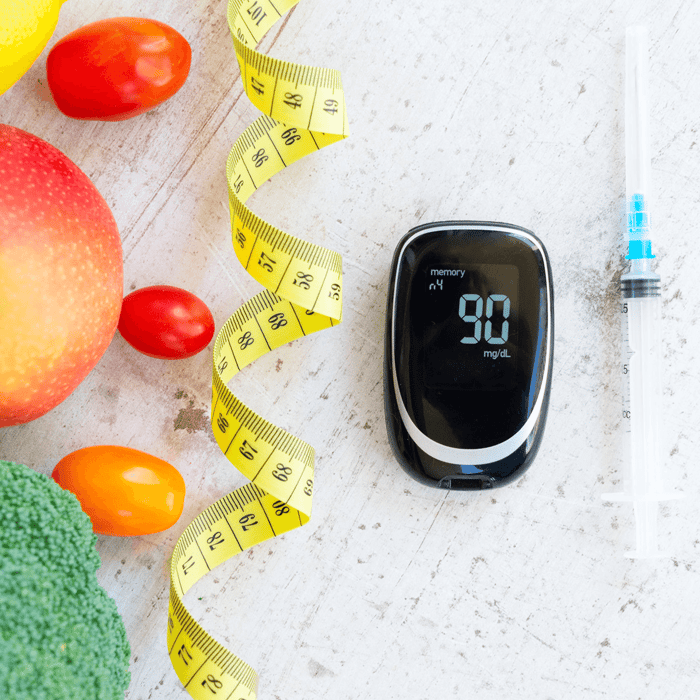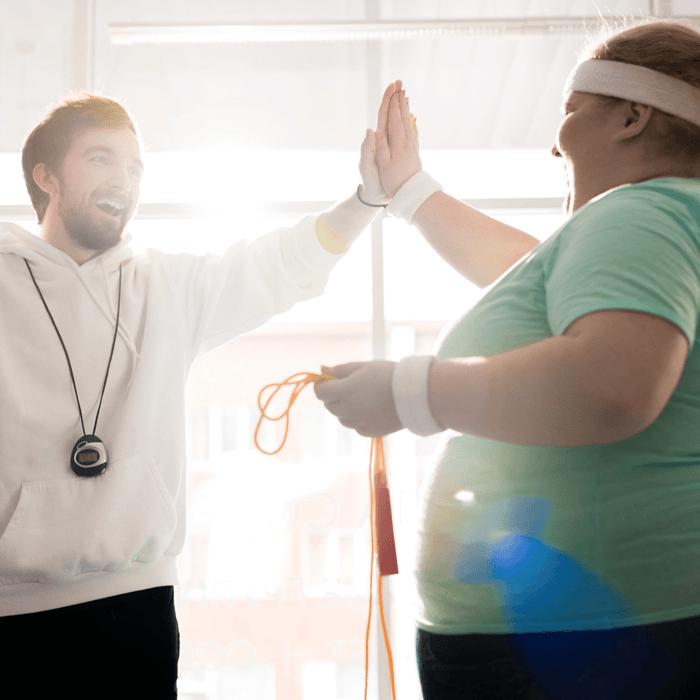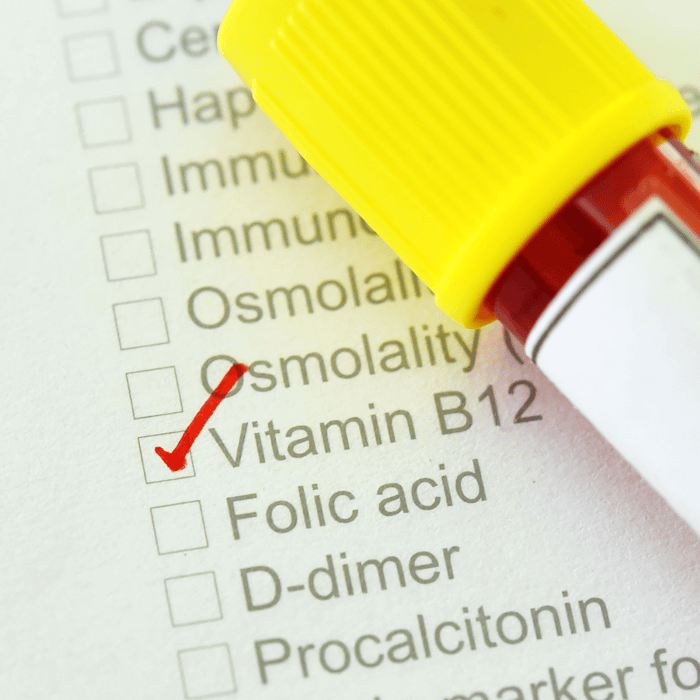How To Combat Dehydration After Bariatric Surgery
Lifestyle
August 1st, 2021
Why it's Important
Our bodies are made of about 50-70% water! At least half of our body weight is water, so it's no wonder our bodies need it to function properly. Proper hydration helps support joint health, rids waste from the body, supports the elasticity in your skin, promotes cardiovascular health, boosts energy, and supports satiety (which can help with weight loss). Overall, when your body is hydrated, you will feel the difference!
After bariatric surgery, drinking enough fluid can be challenging, due to decreased stomach size, adverse taste changes, and time constraints (you cannot eat and drink at the same time). This puts patients at a greater risk for dehydration. Dehydration is one of the most impactful complications after bariatric surgery and one of the leading reasons patients visit the emergency department and/or are readmitted within the first three months after surgery.1 A study looking at behaviors before and after Roux-en-Y gastric bypass (RNYGB) and sleeve gastrectomy (SG) found that hydration decreased after RYGBP by 58% and after SG by 49%.2 Signs of dehydration include thirst, dry skin, constipation, muscle cramps, dizziness, headache, nausea, confusion, and in serious cases, loss of consciousness.3 The good news is dehydration is avoidable after bariatric surgery.
Hydration goals:
General guidelines recommend around 64 oz of hydrating fluids daily for patients after bariatric surgery.4 A hydrating fluid is commonly categorized as a fluid that is low in/has no sugar and no carbonation, as carbonation can cause bloating and discomfort after WLS. Variables that may increase your fluid needs include exercise, rate of sweat loss, your environment (hot/humid weather and/or high altitude), and any illnesses you may be experiencing, such as diarrhea or vomiting, which cause you to lose more fluid than usual. It's always best to consult with your bariatric team for your individualized daily fluid goal. Following are some tips to help you hit your hydration goals.
Tips to hit hydration goals:
- Always keep a water bottle with you - in sight, in mind
- Take small sips throughout the day
- Big gulps can feel heavy in your new stomach and can cause discomfort
- Download an app, or set an alarm, to remind you to sip throughout the day
- Set small goals
- 60 oz can seem like a lot at one time; break it down into smaller, more attainable goals
- For example, drink 20 oz of fluid in the morning, 20 oz in the afternoon, and 20 oz after work/in the evening
- 60 oz can seem like a lot at one time; break it down into smaller, more attainable goals
- Do not use a straw
- Straws will force you to suck in air first, which could lead to you feeling too full
- Add sugar-free, calorie-free flavoring
- While water is typically best, adding a sugar-free flavoring packet, a spritz of lemon, or even some fresh/frozen fruit or herbs (such as mint) can enhance flavor and encourage you to drink more
References:
- Gonzalez-Sanchez, Juan A, et al. “Bariatric Surgery Patients: Reasons to Visit Emergency Department After Surgery.” ResearchGate, Oct. 2007.
- Vinolas, H., Barnetche, T., Ferrandi, G. et al. Oral Hydration, Food Intake, and Nutritional Status Before and After Bariatric Surgery. OBES SURG 29, 2896–2903 (2019). https://doi.org/10.1007/s11695-019-03928-y
- Stott, Lynn, et al. “Dehydration: A Cause for Concern.” Surgery for Obesity and Related Diseases, vol. 12, no. 7, 2016, doi:10.1016/j.soard.2016.08.157.
- Marinari, Giuseppe Maria. “Bariatric Surgery Complications in the Emergency Department.” Emergency Surgery in Obese Patients Updates in Surgery, 2020, pp. 109–112., doi:10.1007/978-3-030-17305-0_14.
H2GO Force Water Bottle

$19.99
Celebrate Life in style with our H2GO Force water bottle, a sleek, double-wall stainless steel for long-lasting use that keeps cold drinks cold for up to 24 hours and hot drinks hot for up to 12. Made using 18/8 food-grade… read more



